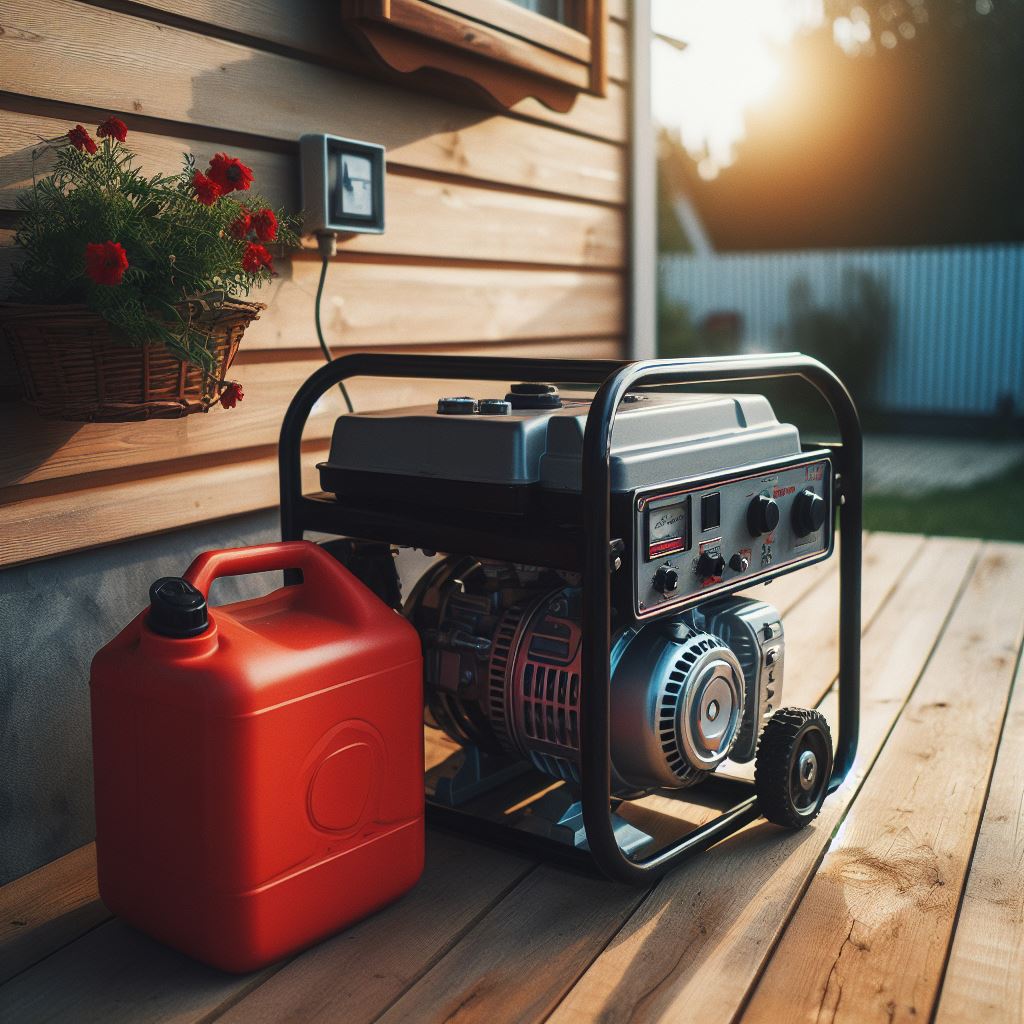Power outages don’t always come with a warning. Whether it’s a summer thunderstorm, a winter ice event, or a surprise grid failure, losing power can disrupt more than just your evening routine. For many homeowners, investing in a generator isn’t just about convenience—it’s about peace of mind.
But with so many types and sizes of generators available, how do you know which one is right for your property? Let’s walk through the options and help you find a solution that fits your needs, lifestyle, and budget.
Why a Generator Is a Smart Investment
Before diving into the options, it’s worth noting why a generator is more than just a nice-to-have:
Keeps essential appliances running: Think refrigerators, sump pumps, medical devices, and HVAC systems.
Helps prevent property damage: Especially in homes with basements or smart security systems.
Keeps you comfortable and connected: No more worrying about spoiled food, frozen pipes, or being cut off from work or family during a long outage.
Types of Generators: Which One Fits Your Needs?
There are three main categories of generators for home use: portable, inverter, and standby. Each has its pros, cons, and ideal use case.
- Portable Generators – Best for Short-Term or Occasional Use
These gas-powered units are great for temporary power during short outages. You can move them where needed, and they typically plug into appliances or a manual transfer switch.
Pros:
Affordable
Easy to store when not in use
Great for occasional use or emergencies
Cons:
Noisy
Must be manually started and fueled
Limited power output
Ideal for: Small homes or properties where you only need to power a few essentials like a fridge, lights, or a space heater.
- Inverter Generators – Best for Clean, Quiet Power
A step up from standard portables, inverter generators adjust engine speed based on demand. They’re quieter and produce “clean” power safe for electronics like laptops and TVs.
Pros:
Quiet operation
Fuel-efficient
Safe for sensitive electronics
Cons:
Higher cost per watt
Lower wattage than other types
Ideal for: Homes with minimal power needs or as a backup during short outages. Also great for RVs, tailgating, or camping.
- Standby Generators – Best for Whole-Home Power and Long-Term Reliability
These are permanently installed and kick on automatically when the power goes out. They run on natural gas or propane and can power an entire home—or just the essentials, depending on the size.
Pros:
Automatic operation
Can power the whole house
Long-term solution for frequent outages
Cons:
Higher upfront cost
Requires professional installation
Needs regular maintenance
Ideal for: Larger homes, remote properties, or anyone who wants seamless, worry-free power during extended outages.
Key Questions to Ask Before You Buy
To choose the best generator for your property, consider the following:
- How much power do you need?
Make a list of what you’d want to run during an outage. Add up the wattage requirements for each item (many online calculators can help). Don’t forget to factor in starting watts vs running watts for appliances. - What kind of fuel makes sense?
Generators can run on gasoline, diesel, propane, or natural gas. Each has its pros and cons—gas is easy to find, but not ideal for long-term storage. Propane and natural gas burn cleaner and store longer. - How often do you lose power?
If outages are rare and short, a portable generator might be plenty. If you deal with frequent or prolonged outages, a standby system will serve you better. - Do you have space for it?
Generators need proper ventilation. Portable and inverter units can be stored in a garage or shed (but never run inside), while standby generators need a fixed, code-compliant location near your home.
Final Thoughts
Choosing the right generator comes down to matching your needs with the right amount of power and the right kind of system. For some, that means a simple portable unit you can fire up when the lights go out. For others, it means a whole-home standby generator that keeps life running smoothly, no matter what the weather (or grid) throws your way.
Take your time, do your homework, and don’t be afraid to talk to a professional—especially when considering a standby unit. Your future self, mid-storm with the lights still on, will thank you.


